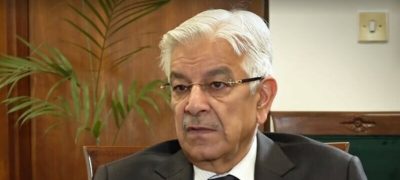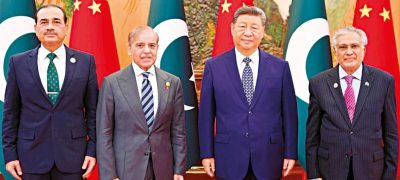Independence and stability have long been key concerns in Pakistan’s governance, and the latest discussions around system continuation have intensified public interest. Interior Minister Rana Sanaullah has stated that the continuity of the system is assured, but the final decision on whether this continuation should be set for five or ten years will soon be made.
The remarks have raised new debates about what system continuation means for Pakistan’s political landscape, democratic processes, and future leadership transitions. Many analysts believe this discussion reflects efforts to balance long-term stability with flexibility for evolving political challenges.
System continuation in Pakistan: What is at stake?
The keyword system continuation has become central to ongoing political conversations, with leaders and citizens alike questioning its impact on governance. According to reports, ensuring the uninterrupted functioning of democratic institutions is the top priority.
Key points from the discussion include:
- Five or ten years: The final timeframe for continuation will be decided after careful consultations.
- Political stability: The move is being described as a way to prevent unnecessary disruptions in the system.
- Leadership consensus: Parties are expected to align on what will best serve the country’s progress.
- Public reassurance: Citizens are being assured that continuation does not mean limiting democracy.
Why system continuation matters
For Pakistan, system continuation is not just about the duration but about safeguarding institutions. Supporters argue that continuity provides clarity for governance, policy planning, and foreign relations. Critics, however, caution against making rigid commitments that may ignore the country’s dynamic needs.
Observers note that previous interruptions in Pakistan’s political system have often led to instability and economic slowdowns. A long-term continuity plan is therefore seen as a safeguard against repeating past mistakes.
Political reactions and public response
The idea of fixing the continuation period to either five or ten years has already sparked debate in political circles. Some leaders emphasize that institutional stability must not come at the cost of democratic flexibility. Others view it as a welcome step towards ensuring uninterrupted progress.
Public opinion remains mixed. While some citizens believe that system continuation can ensure stability, others question whether leaders will use it responsibly. Civil society groups are urging transparency in decision-making to maintain public trust.
As discussions move forward, the outcome will play a crucial role in shaping Pakistan’s future. For now, the government has reassured that continuity will not disrupt democratic processes but will instead strengthen them. More details can be read in this report on the system continuation in Pakistan.







